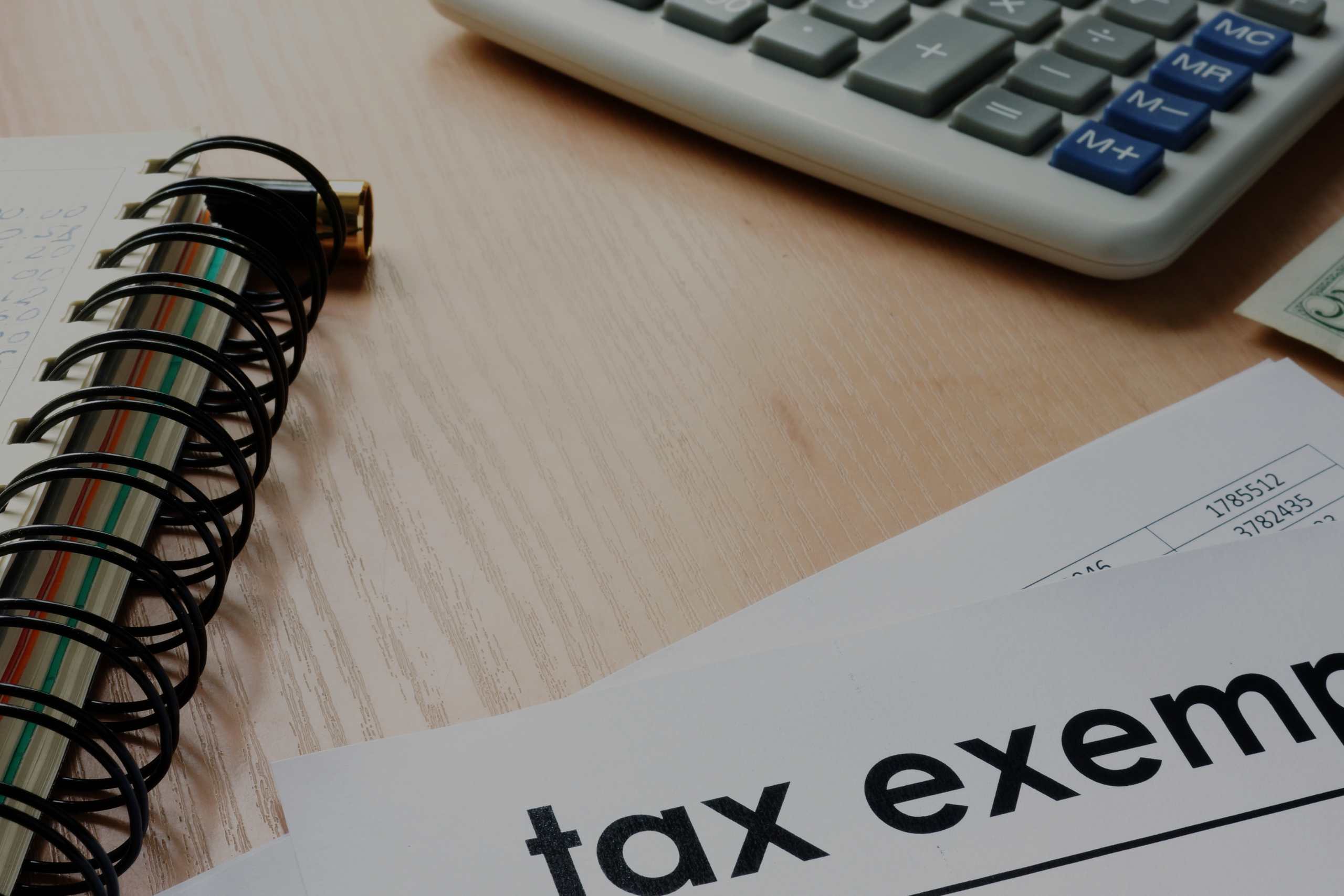
The recent judgement of the ECJ concerns the joint and several liability of the participant of a tax fraud
C 331/23. – Dranken Van Eetvelde NV
It is allowed under the common law that a taxable person, participating in a tax fraud, is held jointly and severally liable for the uncollected VAT and the tax penalty, provided that the taxable person had the opportunity of establishing that they took every measure which could reasonably be required of them to prevent the tax evasion.
The plaintiff in the background case is a wholesale and retail trader of beverages. They indicated individual customers on several invoices, albeit they were aware that the real customers were taxable businesses (hotels, restaurants and cafés). With the issuance of false invoices, the plaintiff intentionally supported the tax evasion of the customers, by letting them not to recognise the purchases in their books, so that these hotels, restaurants and cafés were able to resell the non-booked stock in the black market, without paying any taxes.
The Belgian tax authority investigated year 2011 and, with respect to the false invoices, held the plaintiff liable for the VAT which was not collected on the resales of stock and imposed the maximum tax penalty of 200%, provided by the Belgian law. In parallel, criminal proceedings were brought against the plaintiff for similar offences committed in the years 2012 to 2014. In its final judgement, the criminal court established the plaintiff’s guiltiness and ordered to pay a fine of EUR 20 000. The plaintiff lodged an administrative act against the tax authority’s decision contesting their liability for the VAT payable by other persons (i.e., the customers) and the related tax penalty.
The administrative court referred the case to the ECJ. The ECJ pointed out that it is in line with the common law if the supplier, issuing false invoices, is held jointly and severally liable for the VAT which was not declared and paid by the customer as well as for the penalty to be imposed on the tax debt, however the joint and several liability is only applicable if the taxable person had the opportunity during the tax authority’s proceeding to demonstrate that they acted in good faith, namely they took every measures which could reasonably be expected of them to prevent the tax evasion. In that respect, it has no relevance that the customer could not claim any VAT-deduction upon the false invoices.
The ECJ also held in this case that although the common law generally precludes the combination of criminal penalties and administrative penalties of a criminal nature, it is allowed that a certain fraudulent practice is investigated by the tax authorities for one tax year with administrative penalties being imposed while the same infringement is subject to a criminal proceeding in another tax year where criminal penalties are applied.
Lépjen kapcsolatba szakembereinkkel!
Az alábbi űrlap segítségével feliratkozhat szakmai hírlevelünkre, így folyamatosan értesítjük az adózás, a könyvelés és a bérszámfejtés területén megjelenő újdonságokról.











